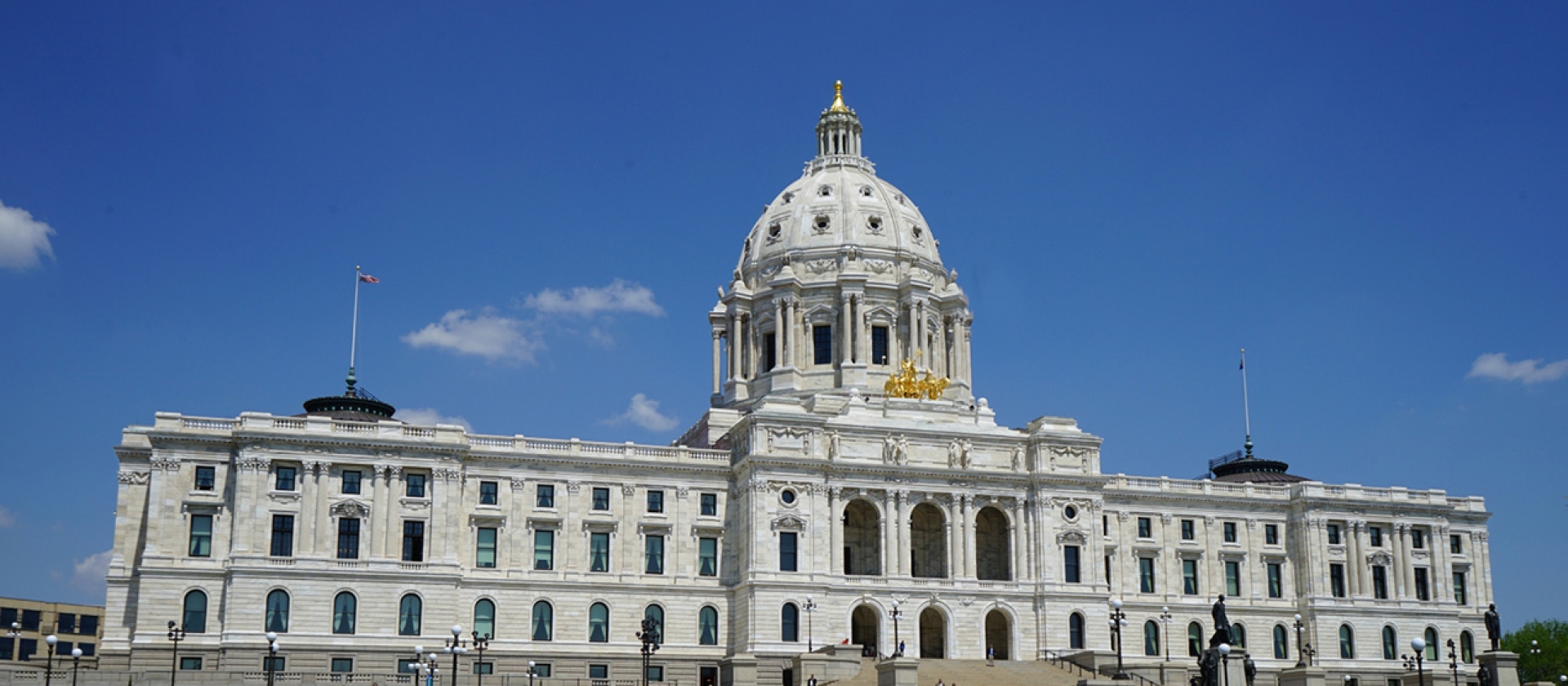Minnsights Blog
Browse by Topic
-
The Export–Import (EXIM) Bank of the United States is the official export credit agency of the United States federal government. They provide a number of insurance programs, loan guarantees and educational resources. Generally, EXIM provides export finance solutions to decrease risk and allow US businesses to offer more favorable terms to foreign buyers.
-
Workers' compensation is a crucial insurance program that provides benefits to employees who suffer work-related injuries or illnesses. While the primary focus of workers' compensation is on the well-being of employees, this insurance also offers significant benefits to businesses. In this blog post, we will explore the various advantages that workers' compensation can bring to your business.
-
As Small Business Week greets us again, I am thrilled that so many of the finer qualities of small business people are being celebrated. But as a member of this grand fellowship, I know that one quality, above all others, allows us to stay on this side of the sod. We believe we will succeed even when there isn’t a dollar on the horizon and misfortune is building a permanent basecamp in our lobby.
-
Pay transparency is when an employer is open and clear about pay for jobs at the organization and why people are paid what they’re paid.
-
Recently, the Minnesota Waste Wise Foundation celebrated it's 30th anniversary by united current and former team members, board members and community partners. Since its inception in 1994, starting with the 'It’s in the Bag' program and a focus on blue wrap in healthcare, the industry has evolved significantly.
Latest Articles (blog page)
Learn more about this year's class of Leadership Minnesota participants.
The Minnesota Chamber of Commerce is excited to announce that we are partnering with the College Board and the U.S...
Minnesota Climate-Smart Food Systems Equipment and Vehicle Replacement Grant
Minnesota Pollution Control Agency (MPCA) will offer $5 million in grant...
Happy New Year to each of you. I hope 2026 is off to a great start for you, your family...









